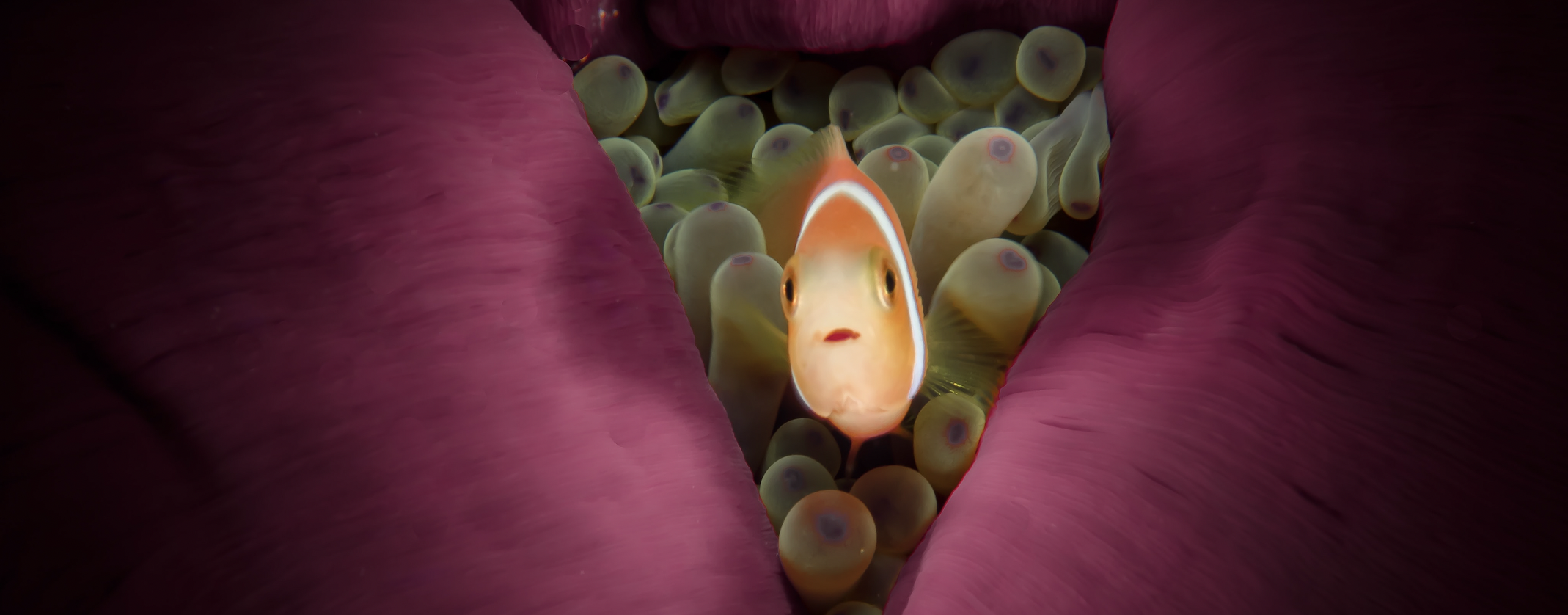

Knowledge
Does Exercise Increase Fertility?
When you’re trying to get pregnant, it’s more important than ever to look after your health by staying active and eating well. Working out brings a wealth of amazing benefits for physical and mental well-being, and research shows that exercise matters for female fertility too. But how much exercise do you need for fertility? Is there such a thing as too much? And what about exercise during IVF or to help manage conditions like PCOS and ovulation issues? In this article, we give you the complete lowdown on how to increase your fertility naturally through exercise.
The link between weight and fertility
Did you know that your weight can influence your chances of conceiving? If you are underweight, overweight, or obese, studies show that you can have more difficulty getting pregnant.
A healthy Body Mass Index (BMI) falls between the range of 18.5 to 24.9. A BMI of under 18.5 (underweight) and over 30 (obese) can interfere with female fertility by disrupting ovulation, according to the American Society for Reproductive Medicine. Obesity can also reduce the success of fertility treatments, reduce egg quality, and increase the risk for miscarriage and pregnancy complications including gestational diabetes and high blood pressure (pre-eclampsia).
Being overweight or obese can reduce male fertility as well by altering sex hormones including testosterone and cause low sperm counts and sperm motility.
So, if you have a high BMI and are experiencing trouble conceiving, a bit of weight loss can go a long way in improving your fertility. But even if your BMI is in the healthy range, exercising a few times per week can help you get pregnant.
How exercising can boost your chances of getting pregnant
Studies have proven that women who do regular, moderate exercise get pregnant faster than those who don’t work out on a regular basis.
By staying active, you can:
- Get rid of excess weight that’s reducing fertility
- Balance sex hormones
- Reduce stress levels
In addition, research has found that exercising for 30 minutes each day can decrease the risk of infertility caused by ovulation issues. This is because working out helps to regulate the hypothalamic-pituitary-gonadal (HPG) axis, which is responsible for the production and secretion of reproductive hormones.
Recommendations for physical activity
The World Health Organization (WHO) recommends that all adults between the ages of 18 and 64 do at least 150 minutes of moderate-intensity physical activity each week. Alternatively, you can do at least 75 minutes of vigorous-intensity physical activity, or a combination of moderate and vigorous exercise, each week. In addition, people should do strength exercises at least two days per week that target the major muscle groups (legs, hips, back, abs, chest, shoulders, and arms).
So what is moderate vs. vigorous activity? Moderate exercise is any physical activity that raises your heart and breathing rate and makes you feel warmer.
Examples of moderate activity include:
- Walking briskly
- Light cycling
- Dancing
- Swimming
- Cleaning
- Gardening
Vigorous physical activity (also known as high intensity exercise, or HIT) is exercise that makes you feel very out of breath, so you can only say a few words before needing to get more air. Examples of vigorous exercise include:
- Hiking
- Jogging or running
- Fast cycling
- Playing sports like basketball, soccer, and singles tennis
Examples of strength exercises include:
- Weight lifting
- Using resistance bands
- Yoga
- Pilates
- Push ups
- Crunches
- Squats
How much exercise is too much?
When building up your exercise routine to increase fertility, be aware that there can be too much of a good thing! Over-exercising, or being physically active for over an hour every day, can actually raise the risk of ovulation issues and amenorrhea (missed periods), which causes greater difficulty getting pregnant. Competitive athletes may be recommended by their doctors to cut down on their exercise regime to a more moderate level to improve their chances of conceiving.
During pregnancy, the WHO recommends at least 150 minutes of moderate physical activity per week. It’s not a good idea to start exercising vigorously once you’re pregnant if you weren’t previously physically active.
Exercise and PCOS
Polycystic ovary syndrome, or PCOS, is one of the most common causes of female infertility. It affects up to 20% of reproductive-aged women around the globe. PCOS can cause weight gain and interfere with reproductive health in various ways. Many women with PCOS have obesity, and obesity in turn can worsen the symptoms of PCOS.
If you have PCOS, weight loss through a healthy diet and exercise can improve your chances of getting pregnant by regulating your menstrual cycle and ovulation, studies show. A systematic review found that weight loss through exercise can make ovulation come back in women who are overweight or obese women and have PCOS, as well as women experiencing anovulatory infertility.
If you have PCOS and are trying to get pregnant, medical treatment in addition to exercise may be necessary to help you conceive. At LEVY Health, we offer fast, comprehensive fertility diagnostics and personalized treatment plans to help set you on your path to parenthood.
The effect of exercise on IVF success
Several studies have looked into how physical activity may impact the success rates of in vitro fertilization (IVF). Researchers find promising results. For instance, a 2014 study published in the Fertility and Sterility journal found that women who exercised regularly in the year leading up to IVF treatment were more likely to get pregnant.
Furthermore, a 2020 study published in the Journal of Assisted Reproduction and Genetics found that higher amounts of physical activity and lower amounts of sedentary behavior before beginning assisted reproduction treatment (ART) is associated with better outcomes from ovarian stimulation. In other words, when you have a regular workout routine, more eggs can be retrieved when taking medication to stimulate the ovaries. More eggs = higher chances that one can be fertilized by sperm.
Takeaway
Living an active lifestyle is important for your overall well-being. Regular exercise can both increase fertility and help you have a healthy pregnancy by reducing the risk of complications. Being fit may also help you manage the physical strains of pregnancy and labor, experts say. Consult your doctor for specific recommendations on physical activity for your body type and to help manage health conditions, if you have any. If you’ve been struggling to conceive for over one year, seek medical help. At LEVY, we specialize in empowering women to learn more about their fertility, access inexpensive access to reproductive health doctors to help more people fulfill their dream of having a baby.
You might also like...

Female hormones: What you need to know about reproductive hormones, the menstrual cycle, and fertility
When you’re struggling with fertility, one of the first places to look is your hormones. Certain vital reproductive hormones are in charge...
Silvia Hecher
January 17, 2024

Fertility blood test: Why does it need to be cycle days 2-5?
When you test your fertility with LEVY, you will always check your basic reproductive hormone levels (including FSH, LH, TSH, Prolactin, Estradiol,...
Lena
September 8, 2022

Forms of amenorrhea and fertility
Not getting your period is a condition called amenorrhea. It’s important for fertility because not having a menstrual cycle with monthly ovulation...
Lena
January 18, 2022

Fertility Foods for Women to Help You Get Pregnant Faster
How you nourish your body is key not only when you have a baby in your belly, but also to help prepare...
Kayla
March 22, 2022

10 Reasons IVF can fail and What to Do Next
Why IVF fail: Although in-vitro fertilization (IVF) can help many people who weren’t able to conceive naturally have a child, there’s unfortunately...
Lena
March 2, 2023

Iron: The secret ingredient for fertility?
Getting your daily recommended amount of vitamins and minerals is key to getting pregnant and having a healthy pregnancy. So, how does...
Lena
November 30, 2022

6 Interesting Facts About Ovaries You Might Not Know
Women have two ovaries which are located on either side of the uterus. They’re around 3-5 cm long – about the size...
Kayla
April 20, 2022

What your AMH levels can tell you about fertility
FSH, LH, estrogen, progesterone… If you’re struggling to have a baby, you’re probably becoming an expert on all things hormones. AMH is...
Lena
August 25, 2022

What to expect when testing your fertility with LEVY
If you’ve been trying to conceive for a while, it’s totally normal to feel frustrated. Why hasn’t it happened for you yet,...
Kayla
February 3, 2022




